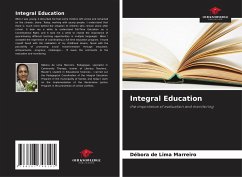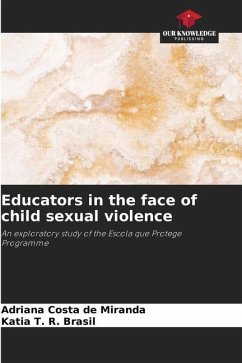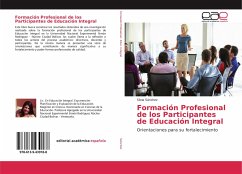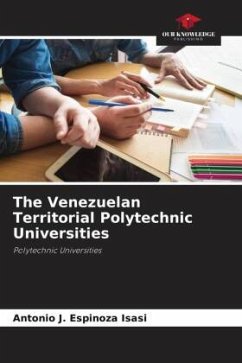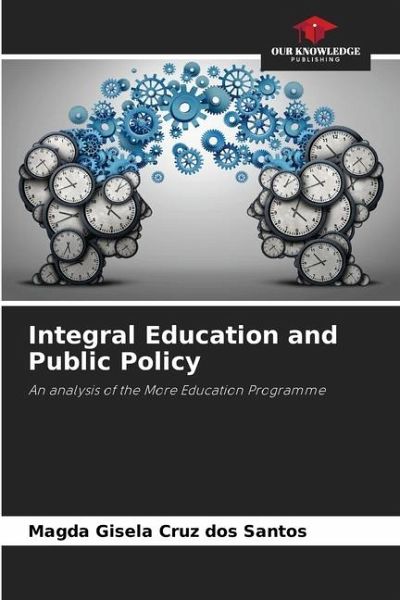
Integral Education and Public Policy
An analysis of the More Education Programme
Versandkostenfrei!
Versandfertig in 6-10 Tagen
37,99 €
inkl. MwSt.

PAYBACK Punkte
19 °P sammeln!
Integral education is one of the central elements for training from the perspective of human emancipation. The libertarian, socialist and communist movements at the beginning of the 20th century in Brazil understood comprehensive education not only as the union between technical/manual training and intellectual training or as workers' access to historically accumulated knowledge denied to their class. For these movements, based on Marx and Engels, comprehensive education represented one of the tools for the formation of the revolutionary subject, necessary for the project of overcoming class s...
Integral education is one of the central elements for training from the perspective of human emancipation. The libertarian, socialist and communist movements at the beginning of the 20th century in Brazil understood comprehensive education not only as the union between technical/manual training and intellectual training or as workers' access to historically accumulated knowledge denied to their class. For these movements, based on Marx and Engels, comprehensive education represented one of the tools for the formation of the revolutionary subject, necessary for the project of overcoming class society. When it was incorporated into various public policies throughout the Brazilian education system, comprehensive education took on a radically opposite meaning, as it came to be understood as a means of inclusion, adaptation and accommodation of subjects to the current social project, as we observed from the analysis of the More Education Programme. By explaining the contradictions surrounding different conceptions of comprehensive education, the aim of this book is to contribute to reflection and the development of educational proposals that are genuinely interested in the emancipation of the working class.





